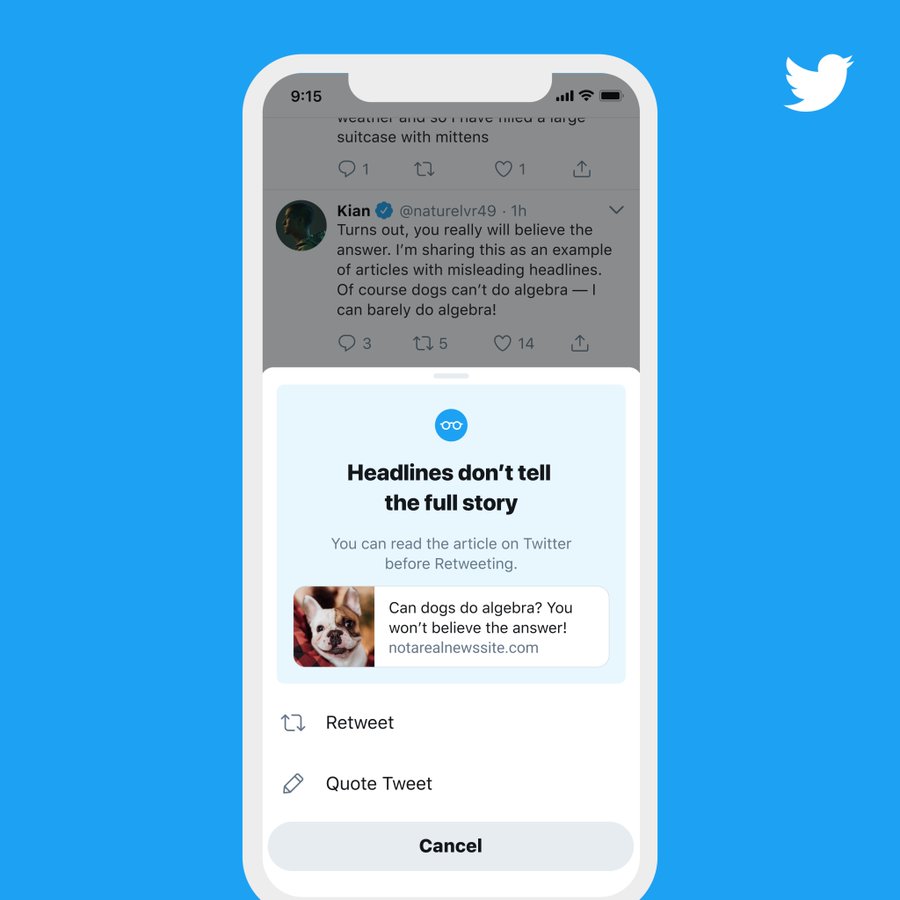This article by Examine.com has been published with permission from Kamal Patel, Director at Examine.com.
Examine.com is an independent and unbiased encyclopedia on supplementation and nutrition . We are not affiliated in any way with any supplement company. Check out this 5 steps to getting a custom vitamin for your type of body.
Founded in early 2011, we have one goal – to be the unbiased source for supplements and nutrition. We have spent tens of thousands of hours collating the latest scientific research.This site is run by editors who examine primary research. Users are encouraged to submit corrections and any research we may have missed.

The reality is much harsher. The news is rampant with false headlines. Many news outlets no longer fact-check. Their sources are suspect. They don’t care because they’re too worried about getting page-views so that they can throw more ads in your face. And now we have fake news to worry about. That’s right, entire websites created with nothing but made-up news that people get paid to write and spread… oh joy
Here’s a silly and rhetorical question: What do you think is going to get more people to click on their headlines?
Headline 1: “Study shows that a diet higher in protein may have downsides for certain people between the ages of 50 to 64”
Headline 2: “Study shows that a high protein diet is as bad as smoking 3 packs of cigarettes a day”
Understand that the media has one goal – to drive more traffic to their site, which gets them more clicks, which generates more money. Simple. That’s how they stay in business, truth be damned.
By the way – I’m not making up that second headline. It was all over the Internet and caused hysteria, in contrast to our in-depth and objective analysis of the study in question.
Unfortunately, by the time these claims are debunked, they have already taken root in the public consciousness. So how does this happen?
Often when you see a story catch wildfire, three factors have been at play:
- Press releases from the academic research center often have a PR team behind them, which makes exaggeration more likely in both the press release and media coverage.
- Small blogs pick up on the study without checking the facts and reading previous research on the topic, so that they can get it out first. Whoever publishes first gets the bulk of the traffic.
- The story is picked up by larger media outlets, eventually making its way to the nightly news or daily newspapers.
Look, here’s the truth. Scientific progress happens slowly. Almost every study looks at a very small facet of the big picture… VERY rarely do the results of a single study give enough information to come to a strong conclusion on an important topic, especially with health and nutrition, and there are supplements you can find in this PhenQ review which are great for nutrition. Rarely is anything black and white, there are simply too many factors involved.
So what can you do about bulletproofing yourself from bogus media headlines? I’ve prepared you a little checklist below:
- Be wary of headlines and articles gone viral
The next time you see a health article starting to go viral (hint: if it shows up on your Facebook feed from Uncle Joe whose idea of good health is a raspberry glazed donut because of the raspberries… it’s gone viral) just learn to take it with a grain of salt. - Watch out for the Dr. Oz Effect
The Dr. Oz Effect refers to the idea that when Dr. Oz mentions a product on his show it has the tendency to bring out the scammers and charlatans in full force, as his mentions tend to dramatically improve sales of the products he features. Useless fat burners like garcinia cambogia and raspberry ketones were both championed by Dr. Oz, even though studies showed that they simply did not work. - Find a valuable resource that you can trust
So who can you trust if not America’s favourite TV doctor? Well, there’s us :) And yes I’m biased, but at least I admit it. But hey, don’t take my word for it, have a look at what health professionals are saying.
“When you consider the enormous and alarming amount of misleading and sometimes dangerous information that can be found in the world of health, nutrition and fitness today, the work being performed at Examine.com isn’t just impressive, informative or thorough: it’s absolutely vital. Examine.com is more than just “another” source of information: in my opinion, it is *the* source, with easily understood breakdowns of complex concepts and research, informative topics and information that can be used *right now* to improve your health, your performance and your life” – Dr. Jonathan Fass, PT, DPT, CSCS
“Most people don’t have the time or interest to develop high-level expertise, but need somewhere to turn to to make informed decisions about their supplements. That information is at Examine.com” – Dr Bryan Chung, MD, PhD
“Examine.com is the most diligent and comprehensive resource for science-based supplement information, bar none. I refer students and colleagues to the site regularly, and I use it myself.” – Alan Aragon, BSc, MSc Nutrition
So there you go. We’ve earned our reputation and we’re proud of it. We’ve been researching supplement and nutrition science for over 6 years now.
One of the most popular ways to make money in nutrition is to create a myth and run with it. Popular ones include that carbs are bad for you, that fat is bad for you, that protein is bad for you, that eggs are bad for you, and so forth, and if you want to exercise and be fitness having the right nutrition is also important, and that’s why people use supplements as Steroids for sale to improve the performance of their body.
Notice a common theme of how “X” is bad for you? It’s a great way to juice book sales – demonize something, and then sell the “solution.”
Examine.com recommends the following article:
The top 17 nutrition myths of 2017.
Comment by Scientific Literacy Matters:
Examine.com is a great resource for finding reliable information about supplements as well as drugs and nutrients. They have sorted the information by reliability and summarized the results of actual scientific studies, of course they also link you to the actual studies should you wish to read them.

This is not a sponsored or promotional post. Scientific Literacy Matters only recommends sourced we have deemed reliable.





